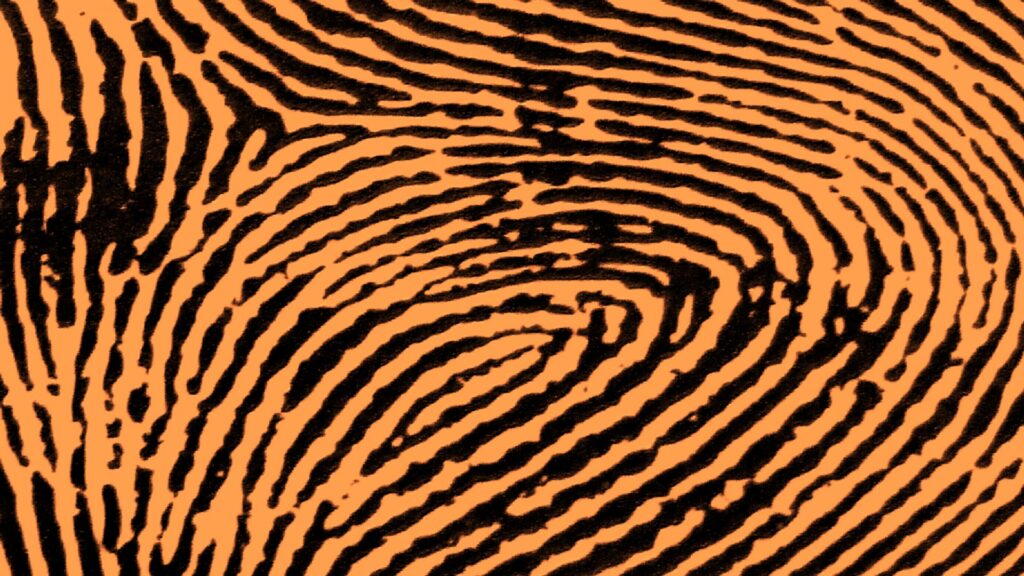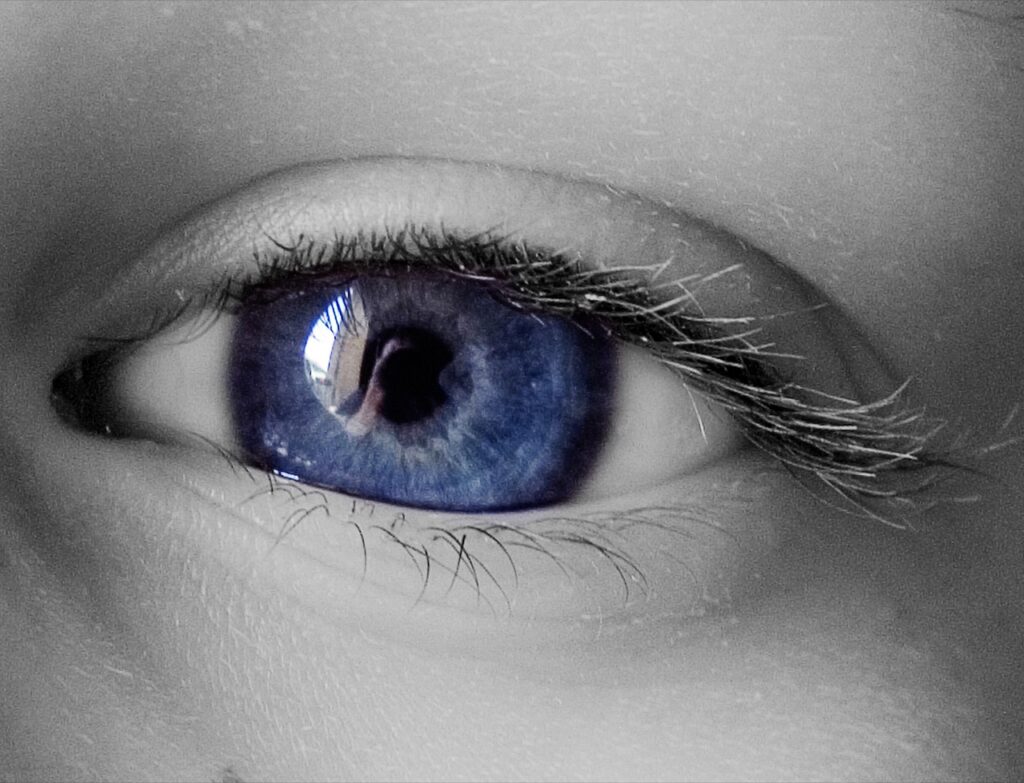Now Reading: What provokes a person to become a serial killer? Are these factors inborn or are included in their course of life
-
01
What provokes a person to become a serial killer? Are these factors inborn or are included in their course of life

What provokes a person to become a serial killer? Are these factors inborn or are included in their course of life
What is crime?
Tappan (1947) defined the crime as, “crime is as an intentional act in violation of the criminal law which is committed without defense or excuse, and penalized by the state as a criminal offense.” (UKessays, 2018, para.3) There are different types of crimes such as crimes against persons, crimes against property, crime against morality, white-collar crime, and organized crime dividing into offences like murder, thefts, drug-abuse, rapes, child abuse, cyber crime, and smuggling. Most of the crimes are committed in an organized manner.
Who is a criminal?
Criminal is a person who convicts crime or disobeys the set of laws. Anyone can be a criminal; everyone has their own choice about their future. The factors such as background, derisive childhood, poverty are not the complete causes for leading a scandalous life. Criminal behavior is the act of omission of duty which includes the commission of an unlawful act by an offender that makes it liable to punishment. Research says that criminal behavior is learned and is the intentional behavior to violate the law. To be convicted as a criminal, an individual must have knowledge about what he or she had attempted to do resulting in violation of law. (Helfgott, 2015).
Case Study- John McAvoy was born and raised in a criminal family. His career turned over from a criminal to a well known top class athlete. At the age of 16, he was robbing a security van and he was also caught carrying a gun. After two years, he was at the Old Bailey facing nine counts of armed robbery due to which he was sentenced to a high security prison at Belmarch, London. Then he went through a tragedy where he lost his best friend and that was a turning point in his life when he decided to not to continue being a criminal and worked hard to break records of British and world rowing in prison. He is now leading a perfect life being a coach, public-speaker, triathlete and also known as ironman. This is an example to state that criminal behavior can transfer a person from violent criminal to opinion leader.
Who is a Serial Killer?
A serial killer is someone who is been involved in a crime of killing of several numbers of people over a short interval. (US Legal, 2019,para.1). They are pretended to commit crime for motives such as sexual compulsion or even recreation. In some cases, the death of the victims gives the criminals the pleasure of being powerful. (Keatly et.al,2018). The biological, social, and psychological features operate and interact to shape the developmental trajectories of serial killers. They are considered as the most harmful and obnoxious individual as they are the one who shows irritability, aggression and impulsivity. The nature of the person is unstable and superficial in emotional contact, reacts vigorously and has a low capacity of reasoning. The psychological characteristics of offences generate an explanation of the different behavior to asset ways to detect, prevent and to eliminate it, and to explore techniques to improve and social recovery for the offender. (Ioana, 2013).
What are the motives of serial killers?
· Visionary motive- insane or psychotic
· Mission-orientated- they want to cause difficulties for people they consider immoral or unworthy such as prostitutes.
· Hedonistic- those who derives pleasure from killing
· Power/Control- want to gain power and control over the victim.
Serial killer- Nature versus Nurture
According to the research done by Ressler, Burgess, and Douglas (1988), one third of the serial killers moved away from their family in their childhood approximately by the age of 18. It was also evidenced by Alley et al. (2004) that 10% of the serial killers had a head injury at the past which can be considered in terms of biological mediators. A study was done on the relationship between the offender and their family which resulted into having an abusive relationship. (Hickey, 1992; Miller, 2014). Canter, Missen, and Hodge (1996) investigated the backgrounds of serial killer and found most of them were previously involved and convicted of different crimes.
It is observed that most of the signs of becoming a serial killer can be witnessed or adopted during the preschool years. The researchers have also explored that different children have different approaches towards the situation and things they adapt. These differences can also be noticed due to different childhood experiences such as social skills, biological and genetic predispositions and feelings for others. The neurological, biological, mental, emotional and social changes in children plays an important role in the development of an individual and these changes can also influence in a negative way in the emergence of criminal behavior and offence. (Bartol, 2018). For serial killer both nature and nurture side is important. The natural factors may affect people in order to violence and crime but nurture depends on the parental behavior and abilities towards the children.
CASE STUDY-1
RICHARD CHASE– an American, who killed six people in one month time period. He was born into a strict family and was abused by his parents. In his teenage, he got addicted to alcohol and made a habit to set fire. Later in his teen, he could not follow a normal sexual function without necrophilic act. Chase showed a sociopathic behavior such as animal cruelty, fire setting and drinking of victim’s blood. He was diagnosed with McDonald Triad followed by paranoid schizophrenia. He used to kill various animal and mix there raw organs with drink which according to him will prevent his heart from shrinking. Later he killed his second victim, had intercourse with her dead body and took bath with the women’s blood. He was then involved in necrophilia and cannibalism with all the victims. His last crime was kidnapping a 6 year old girl, harassed her and killed her. Later drank her blood and ate her organs before disposing the body of the girl. In his case, he might have been affected as in his childhood he was abused at the hands of his mother. (ThoughtCo., 2019). He was putted behind the bars for all his crimes and found dead in his cell as he was mentally tortured by the criminals with him. Also he was disturbed by the gruesome details of his crimes. Whether it was the constant suggestions or just his own tortured mind, Chase managed to collect enough prescribed antidepressants to kill him. In Chase’s case both nature and nurture plays equally important role. (ThoughtCo., 2019)
References:-
- Bartol (2008). The Development of Habitual Criminal Behavior, Criminal Psychology, (pp.224-263).
- Canter, Missen, and Hodge (1996) A case for special agent. Policing Today. 2(1), 2
- Douglas, J., Burgess, A. W., Burgess, A. G., Ressler, R. K. (1992). Crime classification manual: A standard system for investigating and classifying violent crimes. John Wiley & Sons.
- Essays, UK. (November 2018). The Legal Definition Of Crime. Retrieved from https://www.ukessays.com/essays/criminology/legal-definition-of-crime-criminology-essay.php?vref=1
- Helfgott J.B. (2015) Criminal behavior and the copycat effect: Literature review and theoretical framework for empirical investigation. ScienceDirect, 22, 46-64. Doi: https://doi.org/10.1016/j.avb.2015.02.002
- Hickey (2014)Serial Murderer and Their Victims. JSTOR Arts & Sciences.21(3), 373-374.doi:https://www-jstororg.ezproxy.tees.ac.uk/stable/2076297?origin=crossref&seq=1#metadata_info_tab_contents
- Hodgkinson S, Prins H and Bennett J.S. (2017) Mpnsters, madmen… and myths: A critical review of the serial killing literature. Science direct, 34, 282-289. Doi:https://www.sciencedirect.com/science/article/abs/pii/S1359178916301999
- Ioana I.M (2013) No One is Born a Serial Killer!. ScienceDirect. 81, 324-328. Doi: https://doi.org/10.1016/j.sbspro.2013.06.436
- Keatley D.A et, al. (2018) Using Behavior Sequence Analysis to Map Serial Killers’ Life Histories. Journal of Interpersonal Violence.doi: https://journals-sagepub-com.ezproxy.tees.ac.uk/doi/full/10.1177/0886260518759655
- ThoughtCo (2019) Profile of Richard Chase. Retrieved on:15 April,2020 From: https://www.thoughtco.com/profile-of-serial-killer-richard-chase-973176
- US Legal (2019) Serial Killer Law and Legal Definition. Retrieved on:14 April, 2020. From: https://definitions.uslegal.com/s/serial-killer/
Author :- Vaibhavi , Intern at Legal Desire (2020)
Vaibhavi is an enthusiastic, honest and hardworking graduate who possesses academic knowledge of forensic science with practical exposure with the ability to establish priorities and face challenges in the future. She has completed her Bachelor’s in Forensic science from Galgotias University and currently, pursuing her Masters in Forensic Science with Advanced Practice from Teesside University, United Kingdom. She has gained some experience working on DNA Sequencer, GC-MS, Real-Time PCR, PCR, GC, ICP-OES, the latest version of Microscopes in Biological and Ballistics examination works and other equipment used in the Forensic Science Laboratory during her internship at State Forensic Science Laboratory, Ranchi, Jharkhand. She is also an associate member of The Chartered Society Of Forensic Science. Vaibhavi lives in Middlesbrough, United Kingdom.










